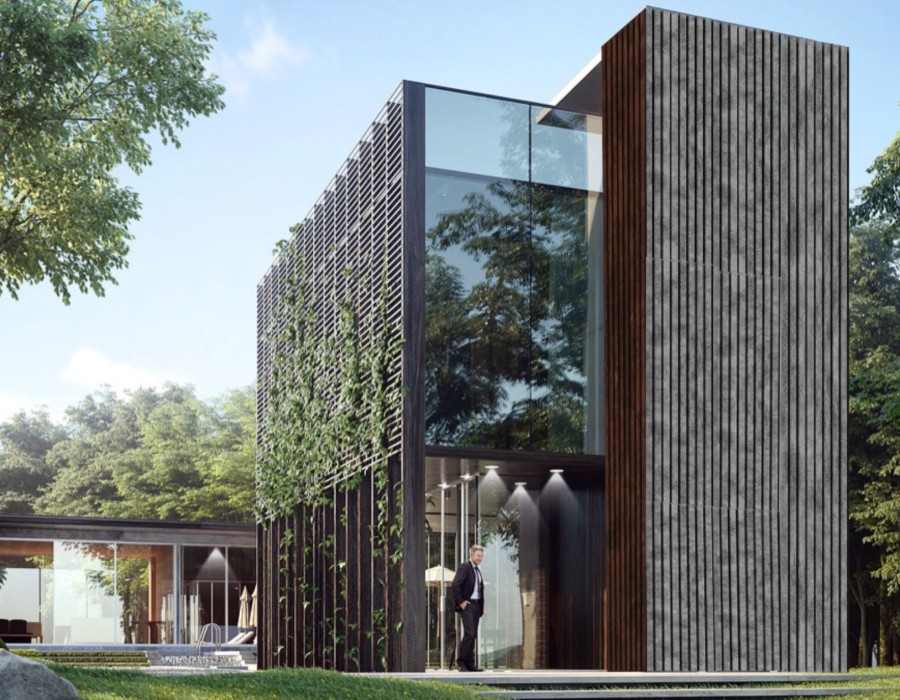The construction and architectural sectors have noticed an influential change in the origin of facade aluminium composite panels (ACP). These panels have become the preferred choice for architects and builders because they are durable, aesthetic appeal, and sustainable. However, what sets ACP panels apart is the innovative technologies driving their development, ensuring they remain at the forefront of modern facade solutions.
Advanced Material Engineering: Modern ACP panel sheets are designed using cutting-edge material engineering techniques. These panels comprise two aluminium layers bonded to a non-aluminium core. This makes it a lightweight yet strong structure. New advancements have improved the core materials, making them more fireproof and environmentally friendly. This ensures that the panels meet and often exceed safety and environmental standards.
Nano-Coating Technology: Nano-coating technology has changed the maintenance and durability of ACP panel facades. This innovation provides the ACP panels with self-cleaning and anti-static properties, reducing dirt collection and providing long-lasting aesthetics. Additionally, nano-coatings offer enhanced resistance against UV rays and severe weather conditions, which extends the panels' lifespan.
Digital Printing and Customization: Those days are gone when there were limited design options for facade aluminium composite panels. Digital printing technology incorporates detailed patterns, textures, and even 3D effects into the panels. Architects can create unique facades, whether it's a sleek metallic finish, wood grain texture, or custom branding.
Sustainability Through Recycling: Sustainability is a primary focus in the construction industry, and advancements in ACP technology align perfectly with this trend. Modern ACP panel sheets are usually made from recycled aluminium, significantly reducing the environmental impact. Moreover, manufacturers embrace eco-friendly production processes that consume less energy and produce minimal waste.
Energy-Efficient Designs: With the push towards green buildings, facade aluminium composite panels now incorporate energy-efficient technologies. Some panels are designed with insulating cores that improve thermal performance, reducing energy consumption in buildings. Reflective coatings also minimise heat absorption, keep interiors more relaxed, and reduce air conditioning costs.
Smart Panel Integration: Innovations in intelligent building technology have directed the development of ACP panel facades with integrated sensors. These innovative panels can observe environmental conditions, such as temperature and humidity, and deliver real-time data to building management systems. This enhances energy efficiency and guarantees optimal building performance.
Improved Installation Techniques: Technology has also streamlined the installation process for ACP panel sheets. Modern panels come with pre-engineered systems that reduce installation time and labour costs. Additionally, innovations like modular panel systems ensure a seamless and secure fit, enhancing the overall durability and appearance of the facade.
Conclusion
Facade aluminium composite panels are developed because of technological advancements prioritising aesthetics, durability, sustainability, and efficiency. These innovations, from nano-coatings to smart integrations, ensure that ACP panel facades stay a leading choice for modern architectural designs.
For builders and architects seeking a blend of style and functionality, investing in advanced ACP panel sheets is a step towards creating iconic, sustainable structures.





Comments